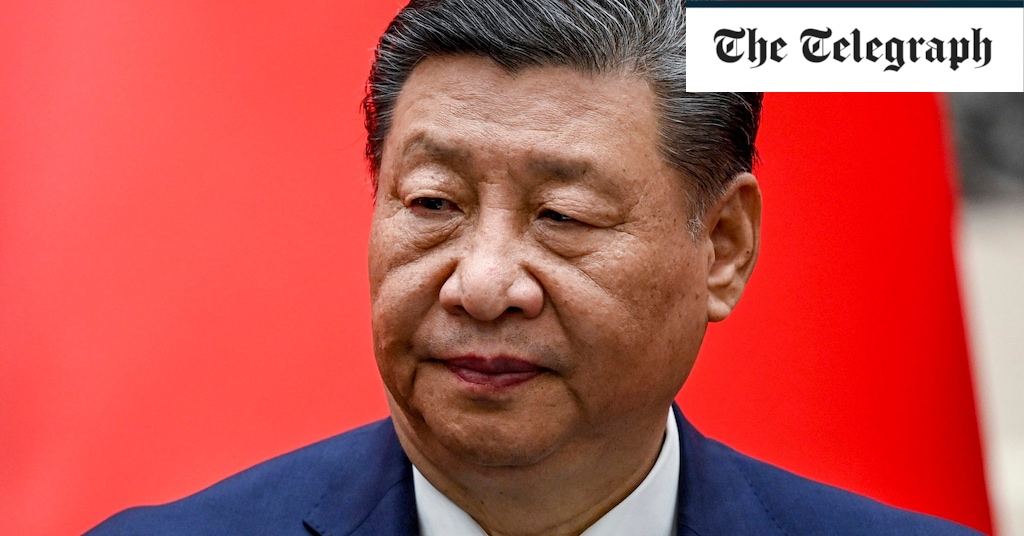Global Markets Plunge Amid Escalating China Trade War Fears
£260 Billion Wiped Off World’s Largest Companies
Amid escalating tensions between the United States and China, global markets have been thrown into disarray, erasing an estimated £260 billion in value from some of the world’s largest companies. This significant decrease underscores the far-reaching implications of the ongoing trade war, which has been a prominent concern for investors and businesses alike.
Context and Background
The Trade War’s Origin
The trade war between the U.S. and China began in earnest in 2018 when the U.S. imposed tariffs on Chinese goods, citing unfair trade practices and intellectual property theft. In retaliation, China imposed its tariffs on American products, fueling a tit-for-tat escalation that has dramatically affected international trade dynamics.
Impact on Global Economies
The trade tensions have not only strained the relationship between the two largest economies but also sent shockwaves through global markets. Industries ranging from technology to agriculture have felt the impact, with companies facing increased costs, disrupted supply chains, and economic uncertainty.
Recent Developments
In the last few days, fears over the trade war’s trajectory intensified following a flurry of hostile exchanges and failed negotiations. Amid this backdrop, stock markets across the globe have plunged, reflecting heightened investor anxiety.
Sector-Specific Impact
Technology Sector
Tech giants like Apple and Samsung have reported substantial losses as the trade war agitates their supply chains and hampers global sales. Companies reliant on Chinese manufacturing and market access are particularly vulnerable to the tariffs and regulatory hurdles that have emerged from the conflict.
Automotive Industry
Major automotive companies have also found themselves in a precarious position. The imposition of tariffs has increased production costs and disrupted the flow of car parts and finished vehicles between the two countries. As a result, manufacturers have had to reassess their production strategies and supply chain configurations.
Financial Markets
The financial sector has not been immune to the turmoil. Banks and investment firms have seen significant declines in stock prices as the market volatility fosters a risk-averse environment. This instability has also triggered a move towards more secure assets, pushing yields on bonds to record lows.
Broader Concerns
The broader economic ramifications of the trade war are profound. Analysts warn that prolonged tensions could push the global economy towards a recession, with decreased consumer confidence and investment likely to stymie growth. Moreover, smaller economies interlinked with the U.S. and Chinese markets may experience amplified effects, further destabilizing the economic landscape.
Looking Forward
Business leaders and policymakers are urging for a resolution to curb the economic fallout. International bodies such as the World Trade Organization (WTO) have emphasized the need for dialogue and compromise to prevent a deeper economic crisis.
Conclusion
As markets reel from the ongoing trade war between China and the United States, the urgent need for a diplomatic resolution becomes ever more evident. The £260 billion loss from the world’s largest companies may only be the beginning if these tensions persist. Stakeholders around the globe are watching closely, hoping for a turn towards stabilization and growth in the near future.
Source: BBC
